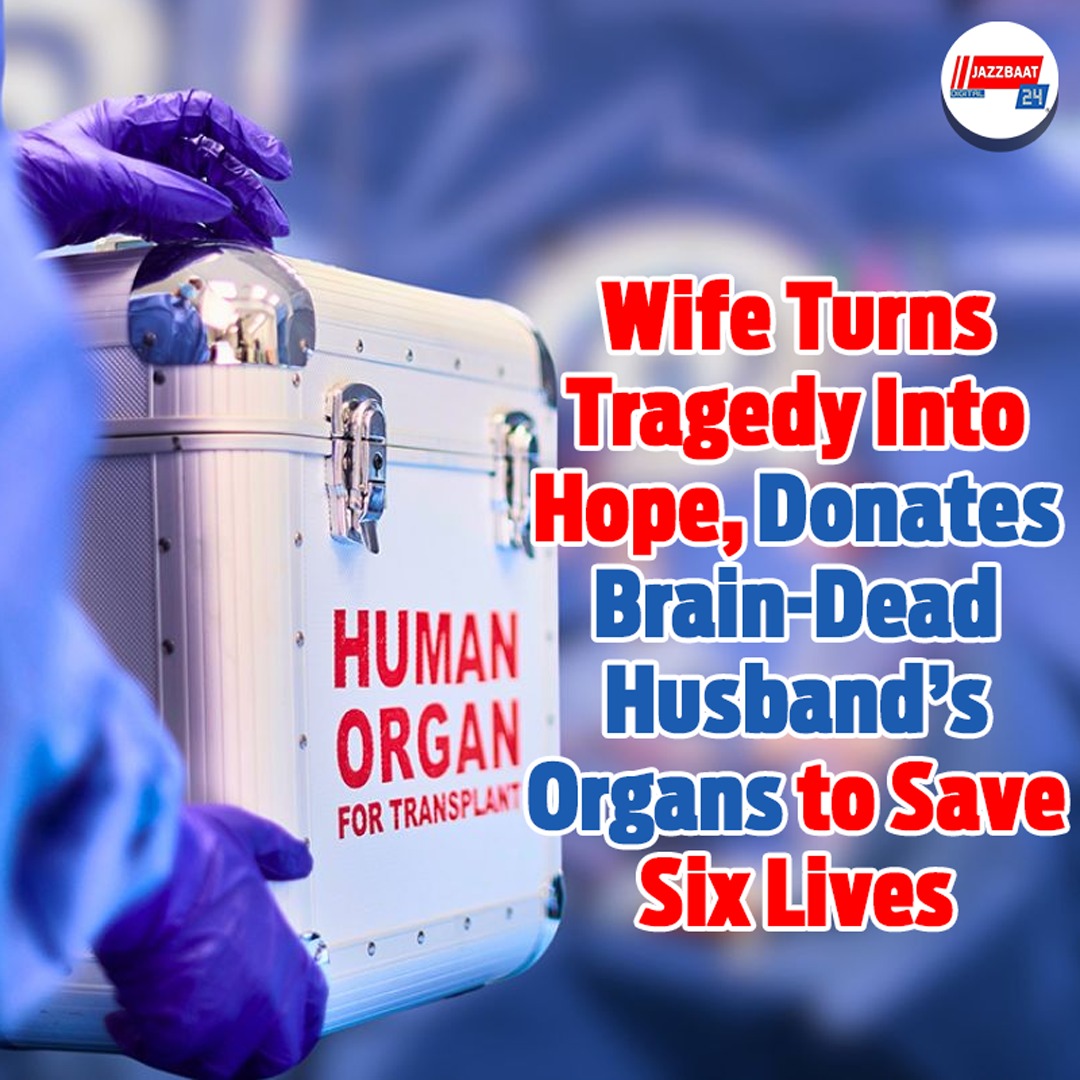When a woman donated her husband's brain-dead organs for free, six critically ill patients were given new life, hinting at saving lives too and the growing value of organ donation in India. Ramana was pronounced brain dead on May 1 at a hospital. Despite her devastating loss, his wife Kalyani left behind a legacy in his honor by choosing organ donation-a step that triggered a sophisticated, choreographed sequence of physicians, transplant coordinators, police personnel to retrieve the organs within the target time limit.
Once the family gave their permission, Ramana's organs were donated to patients who needed them. One of his kidneys was gifted to a patient at Command Hospital, another to a patient at SGPGIMS, Lucknow, and liver was air-transplanted to New Delhi and successfully transplanted in Army Hospital RR. The heart, lungs, and corneas also were transplanted to recipients and green corridors-special traffic-free passage-were given by police and army to facilitate transport and provide the highest chance of successful transplantation.
This case is a reaffirmation of the central role of brain death in organ donation. Unlike cardiac death, in which organs decay quickly after the heart's beating stops, brain death has the potential for keeping organs alive on mechanical support until they might potentially be secured and transplanted.
In India, brain death-induced organ donation is governed by the Transplantation of Human Organs and Tissues Act (THOTA) through a panel of physicians verifying brain death and gaining consent from family members prior to organ harvesting. It is done to be ethically appropriate and in the straight line with no benefit to certifying physicians.
The scenario of organ donation in India has transformed dramatically over the last decade with deceased donors rising to three times, from 340 in 2013 to over 1,100 in 2024. Donations remain low due to social stigma, ignorance, and logistics. Southern and western states like Tamil Nadu, Telangana, Karnataka, Gujarat, and Maharashtra are leading the pack, accounting for close to 80% of deceased donors, whereas the majority of northern and eastern states lag behind.
The government continues to urge hospitals to increase identification and early reporting of brain death, and to update national registries for transparency and accountability.
Narratives such as those of Kalyani not only save lives but also motivate other people to reflect on organ donation, shattering taboos and promoting a culture of humanity. When families step forward at times of distress, they give hope to the thousands who anxiously wait for a second chance at life.
A yes to organ donation, as this family did, is indeed saving lives and changing lives for recipients and their families for the better.





